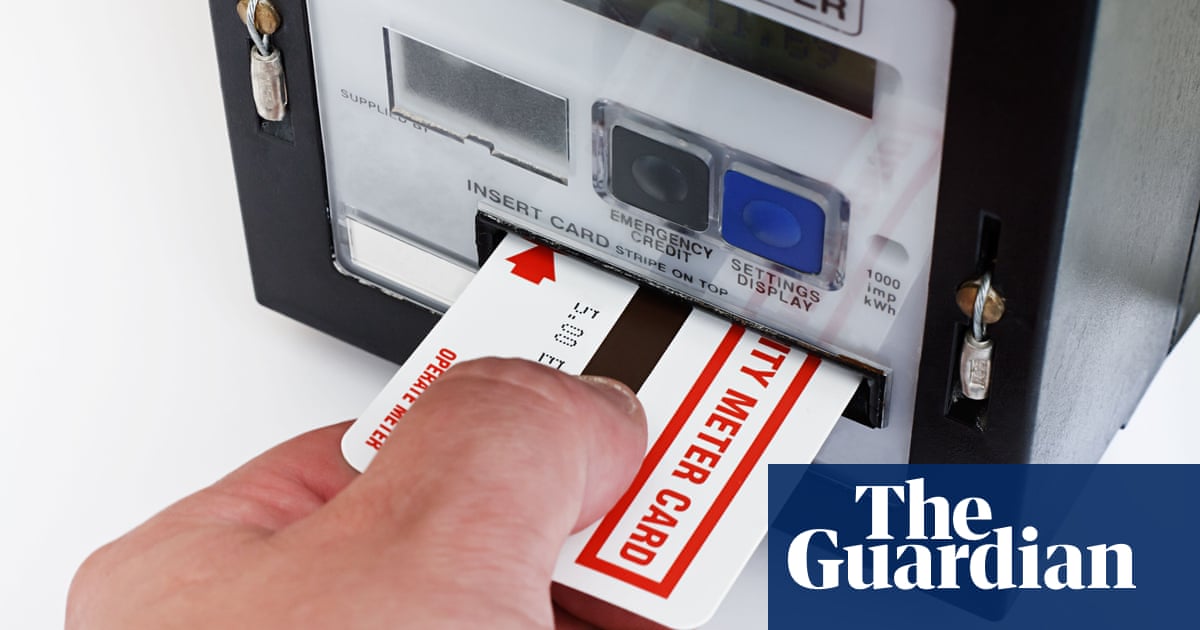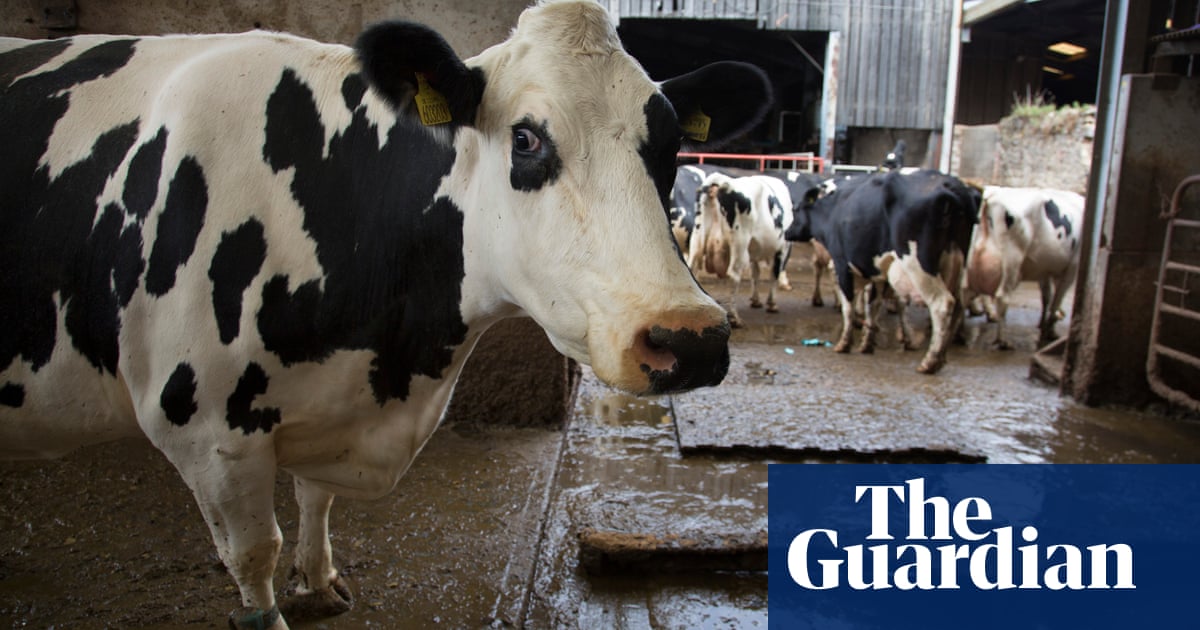
Fewer than a quarter of people in the UK with Covid symptoms are requesting a test, while only half say they are fully self-isolating after symptoms develop, researchers have found.
People in the UK must self-isolate for 10 days if they have Covid, with the period beginning from the onset of symptoms or, if there are no symptoms, from the day of a positive test result.
However, data from the Covid-19 rapid survey of adherence to interventions and responses (Corsair) study, conducted by researchers from institutions including King’s College London, Public Health England and University College London and published in the BMJ, suggests compliance is far from universal.
The results reveal that, in the latest round of the survey carried out between 25-27 January 2021, 50.8% of participants identified a cough, high temperature or fever, and loss of sense of smell or taste as signs of Covid, while only 22.2% of those who reported having Covid symptoms in the past seven days said they had requested a test.
Only 51.8% of those with recent Covid symptoms, who had not tested negative, said they fully adhered to self-isolation – meaning they did not leave home in the first 10 days after their symptoms began. Yet 71% of respondents said they intended to stick to the self-isolation rules.
“Our data suggest that self-reported rates of full adherence to isolating and testing are low, as are rates of recognition of the main symptoms of Covid-19,” the researchers wrote, adding the findings suggested the effectiveness of the UK’s test, trace and isolate system was limited.
The results contrast starkly with data for England released on Friday by the Office for National Statistics covering the period between 1-13 February 2021, in which 86% of respondents said they fully adhered to self-isolation rules.
The Corsair study includes responses from 53,880 participants across the UK, with about 2,000 participants in each of the 37 stages of the study conducted between 2 March 2020 and 27 January 2021. Some participants took part in more than one stage of the survey.
The most recent study suggests public behaviour has improved over time. From 26 October 2020 to 27 January 2021 adherence to 10 days of self-isolation was 42.5%, while across all stages from late May 18% reported requesting a test after developing Covid symptoms.
The team said lower adherence to self-isolation was associated with factors including being a key worker, having children at home, being male, younger age, and experiencing greater financial hardship.
Experts said the differences between the ONS and Corsair studies could have a number of explanations, including that the ONS study was based on responses of those within the test-and-trace system.
“You can expect that the subset of people who have Covid and who also request a test and provide their details are more compliant than the overall population who have Covid,” said Prof Susan Michie, a co-author of the study who is a participant in the behavioural science subgroup of the Scientific Advisory Group for Emergencies (Sage) and a member of the Independent Sage group of experts.
By contrast, the Corsair study is based on sampling of the general population by an anonymous online market research company, something Michie said may also reduce concerns among respondents of saying they had broken the rules, compared with being phoned by the ONS, part of a government department.
Another problem, said Michie, was that the ONS survey’s response rate was just 19%. While the ONS suggested this could be because many people were too unwell with Covid to take part, it could also be that people who do not stick to the rules may be less likely to respond.
“The good news is that rates of adherence have been improving,” said James Rubin, an author on the paper and a professor of psychology of emerging health risks at King’s College London. But there is more work to be done, he said.
“We need to get more people to engage with the system, to recognise the symptoms, to get a test, and then to self-isolate and follow it through,” Rubin said. “We need to be getting people into the mindset of as soon as you’ve got one of these symptoms coming on, get a test. Don’t leave it a few days. Don’t wait until it resolves.
“What we don’t want is people who have got Covid out in the community, having contact with other people, spreading the infection. The more people with positive tests who self-isolate, the quicker we can get out of the restrictions we are currently in.”












